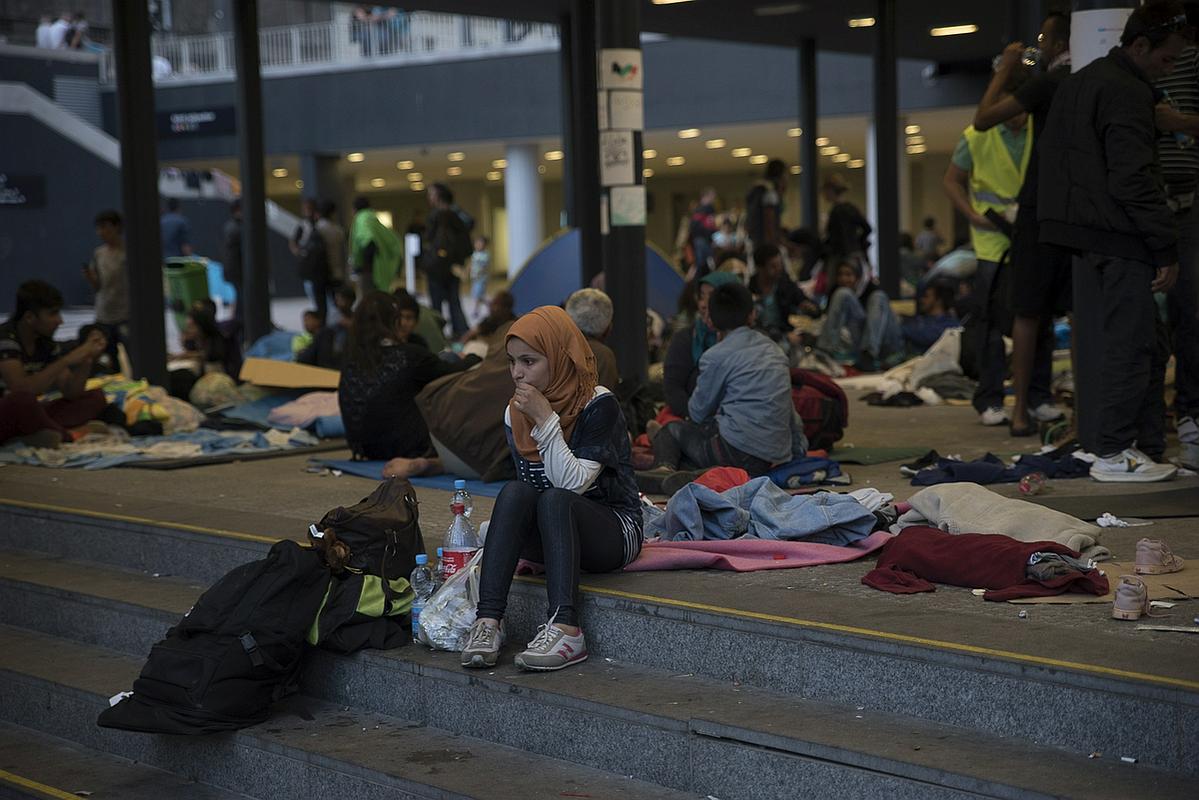
Cerar has emphasized that Slovenia will follow the principles of humanitarianism and solidarity in tackling the refugee crisis, since "these are people in distress who need our help". According to Cerar, solidarity means taking part in distributing the strain that comes with accepting refugees within the EU.
In dealing with these problematic issues, the government also intends to take into account the country's integration capacities, "which will be an important criterion", as well as the element of safety. In addition to this, the government plans to ensure that the country can function normally, too, said Slovenian PM, adding that Slovenia is prepared for the arrival of a larger influx of migrants.
Slovenia does not support building walls, yet the refugee crisis is a huge challenge for Slovenia as well as other countries, explained Cerar, who also repeated his statement that Slovenia is prepared for this challenge, while the EU will need to form a joint standpoint regarding the refugee crisis in the next few weeks.
The government and NGOs share the same opinion
According to Cerar, the meeting with representatives of 25 NGOs and humanitarian organisations showed that all of the parties share the view on how to address the situation and are willing to cooperate, which is why the government invited the representative of these organisations to help.
Veronika Bajt, the representative of Mirovni inštitut, explained that the meeting had met the expectations of the organisations, but that NGOs would continue to look with a critical eye and monitor the country's response. NGOs and humanitarian organisations have also agreed on coordinated action, which also includes informing the public and setting the priorities in tackling the refugee crisis.
The government and the above-mentioned organisations are going to work together as a coordinating group led by Minister of Foreign Affairs Karl Erjavec and with four other ministers in it, too: the Interior, Labour, Health and Defence. Besides NGOs, the government also plans to invite representatives of local communities into the coordinating group; the PM will have a meeting with the latter in the coming days.
G. C., G. K., Sa. J., MMC; translated by K. Z.


































































